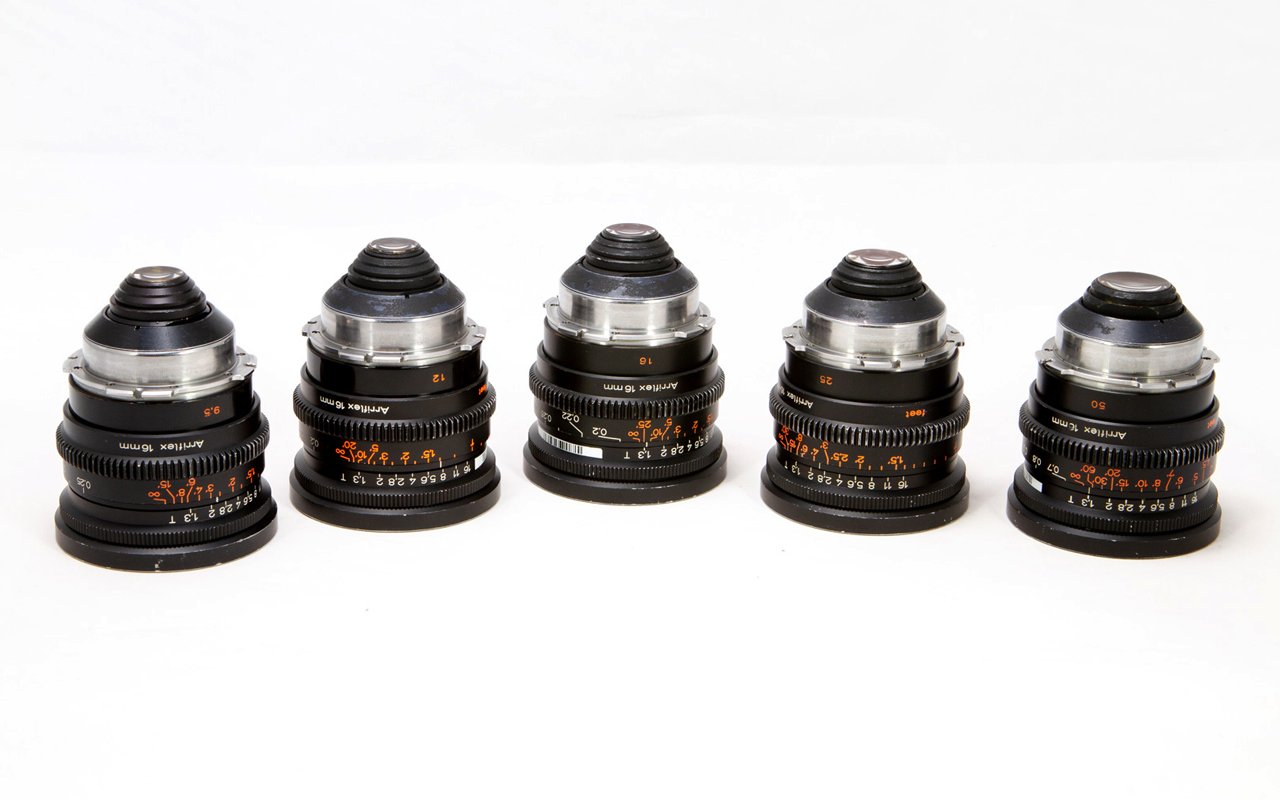The same amazing optical flavor so many filmmakers know and love about Zeiss Super Speeds is inherent in the Super 16 version of these now legendary lenses. They are sharp, even wide open, have lower contrast, excellent close-focus, have beautiful lens flares, and as an added bonus have virtually no focus breathing. These lenses have beautiful character that will help you get the most out of the Super 16 format.
Difference between Mark II and Mark III besides both sets having the same optics, same irises, and very similar housings, the Mark II has a shorter 180 degree focus rotation, while the Mark III has a long 330 degree focus rotation. This makes the Mark II primes ideal when you are operating and pulling your own focus on the barrel or with a manual follow focus. However, if you are using a wireless follow focus system, or want to have the most precise focus control possible, longer 330 degree focus throw, and larger witness marks, then the Mark III set is ideal.
The same amazing optical flavor so many filmmakers know and love about Zeiss Super Speeds is inherent in the Super 16 version of these now legendary lenses. They are sharp, even wide open, have lower contrast, excellent close-focus, have beautiful lens flares, and as an added bonus have virtually no focus breathing. These lenses have beautiful character that will help you get the most out of the Super 16 format.
Difference between Mark II and Mark III besides both sets having the same optics, same irises, and very similar housings, the Mark II has a shorter 180 degree focus rotation, while the Mark III has a long 330 degree focus rotation. This makes the Mark II primes ideal when you are operating and pulling your own focus on the barrel or with a manual follow focus. However, if you are using a wireless follow focus system, or want to have the most precise focus control possible, longer 330 degree focus throw, and larger witness marks, then the Mark III set is ideal.


